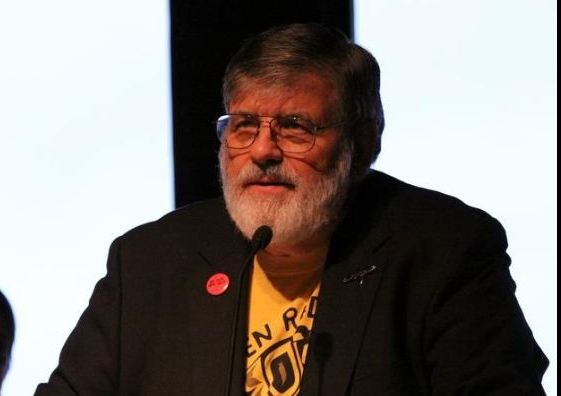24. 12. 2012
The Radio Calendar
Year in and year out there are things you can predict. There will be Christmas, there will be national holidays, school terms will start. But often even obvious events catch us by surprise. We realize “Valentine’s Day is only a month away and we don’t have a promotion” or, “Is it Back to school time already?”
Every station should set an annual calendar. The first items on the calendar will be easy to mark, for instance New Year and national holidays. Other events may take some thought; “back to school” is a good example. As you set up the calendar put everything you can think of on the list, you can always drop it later. Keep records of that first draft, you may find a way to use an idea you can’t use this year in coming years.
 Once events are on the calendar it is time for the station staff to brainstorm ways to take advantage of each event, deciding which ones will work for promotions and which will not. It is important to involve both programming and sales staff. If you were at November’ Serbian Radio Days you will remember Chris Price’s excellent presentation on involving listeners in the brainstorming process. The station needs to look at events that can help the station build listenership and can find advertisers
Once events are on the calendar it is time for the station staff to brainstorm ways to take advantage of each event, deciding which ones will work for promotions and which will not. It is important to involve both programming and sales staff. If you were at November’ Serbian Radio Days you will remember Chris Price’s excellent presentation on involving listeners in the brainstorming process. The station needs to look at events that can help the station build listenership and can find advertisers
Once a list of dates and ideas is on the calendar and the station has a list of promotion ideas, its time to set up deadlines and find sponsors, prizes, talent, interviews, whatever the station needs to do to successfully pull off the promotion. With the calendar management can allocate staff ad resources needed to pull off the promotions.
At our news-talk station, our calendar pinpointed several holidays, some the obvious ones, like Thanksgiving (a major American holiday) and Labor Day (in September rather than May), and some not so obvious, including Dr. Martin Luther King’s Birthday (in January) and Worker’s Memorial Day (not a legal holiday, but a day in April set aside by labor unions to commemorate workers killed on the job.) We purposely picked days for promotions in months when advertising was low (For instance, Dr. King’s holiday in January is in the lull after Christmas.)
So, our calendar looked like this.
- January, Dr. King Day
- February (Valentine’s Day)
- March (St. Patrick’s Day, there is a huge Irish American population in America.)
- April, April Fool’s Day
- April, Worker’s Memorial Day
- April, Opening of Baseball season.
- May, Memorial Day (commemorating war dead)
- June, Solstice, particularly important in Alaska. In Russia they are “white nights.”
- July, Independence Day
- August, Back to School.
- September, Labor Day
- October, Elections
- November, Veterans’ Day (November 11, honoring living veterans)
- November, Thanksgiving
- December, Christmas
- December, New Year (to extend the Christmas season by a week, for in the West.)
Plus throughout the summer we ran baseball sports promotions. Summer is traditionally a slow advertising time for us. That is a pretty active calendar.
For the FM station we created promotions for ethnic “niche” holidays that fall in the slow winter advertising period. These included.
- Early January, Russian Christmas.
- Late January, Robert Burns Birthday (The Scottish national poet, appealing to ethnic Scotts)
- February, Valentine’s Day (Romantic music)
- March, St. Patrick’s Day (Appealing to ethnic Irish.)
Robert Burns Birthday, for instance, is pretty obscure, but it’s an excuse for us to throw a party and a promotion that actually brought us some good return during a traditionally dead period. We also put the program in a time slot where we traditionally had low listenership (evening) and developed a special listenership for that program, the promotions and those sponsors.
All of these promotions were specifically chosen to carry us through the slow time, winter months after Christmas.
You need to work ahead. On April, stations are already planning back to school promotions for August and September. Depending on the listener demographics stations were preparing promotions aimed parents, grandparents, or students. Stations I worked with on targeting University students developed promotions with computer stores, internet cafes, book stores and cafés where students hang out. This was in April, but these stations already were planning for an event at the end of August.
Successful stations think ahead, plan ahead, and look for new, perhaps obscure, events around which to build listener and advertising promotions.
***
Rich McClear is a broadcaster from Alaska who has worked for almost 20 years helping stations develop in emerging markets. He was Director of the Serbian Media Assistance Program from 2008-2011.